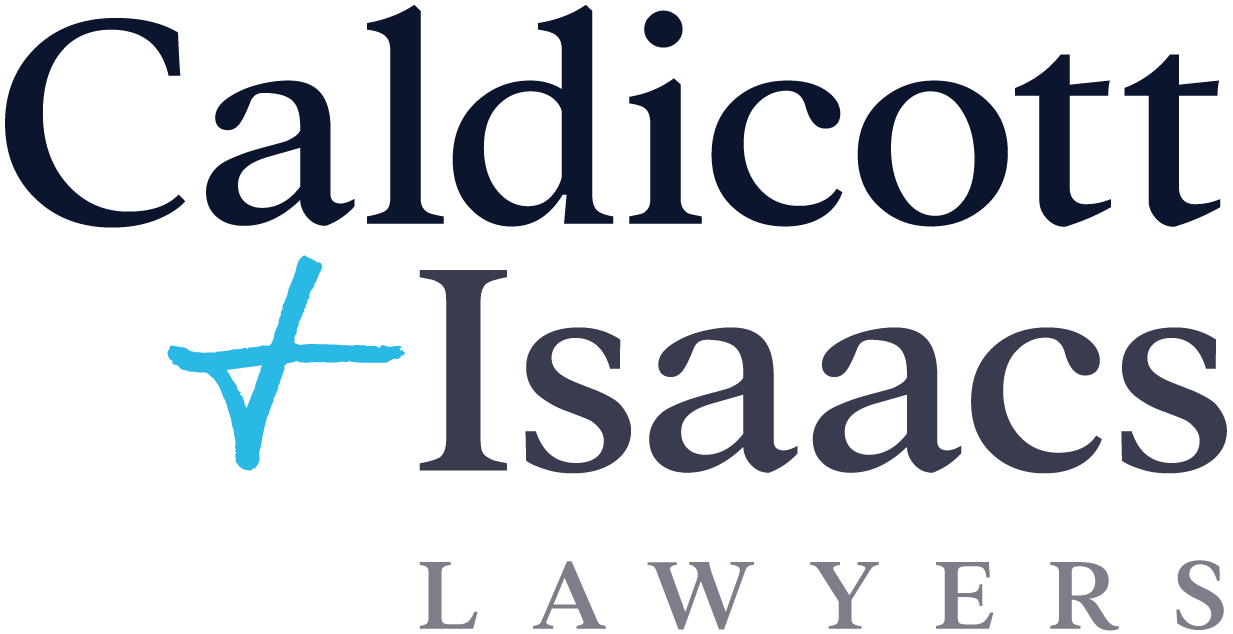A Court can make orders under Section 27 of the Criminal Assets Confiscation Act 2005, that certain expenses be paid out of property that has been restrained. They can make the order at the same time they make the restraining order or at a later time.
What expenses can be paid out of the restrained property?
- The reasonable living expenses of the person whose property is restrained or any of their defendants;
- The reasonable business expenses of that person; or
- A specified debt incurred in good faith by that person.
The Court can make an order to pay these expenses if they are satisfied that the person cannot meet an expense or debt out of other property that is not part of the restraining order.
Under section 28 of the Criminal Assets Confiscation Act 2005 the Court can make an order excluding property from the restraining order for the same reasons as stated above.
The Court can only make an order if you apply for the order and you have notified the DPP of your application in writing. So, it is most important that you make an application. When advising the DPP you must set out the grounds for your application. You must also disclose in a sworn statement all your interests in the restrained property and your liabilities.
The Court cannot make an order to pay expenses for legal costs relating to either the criminal asset confiscation case or any criminal charges.

